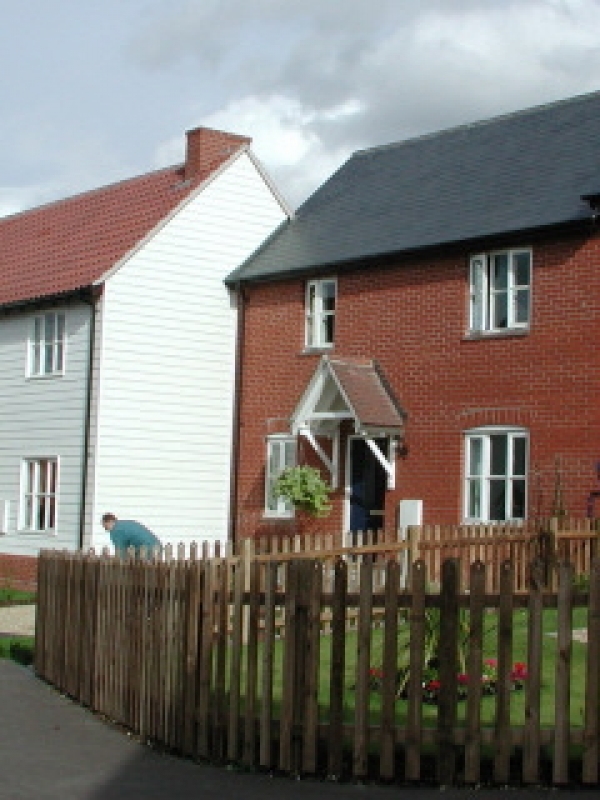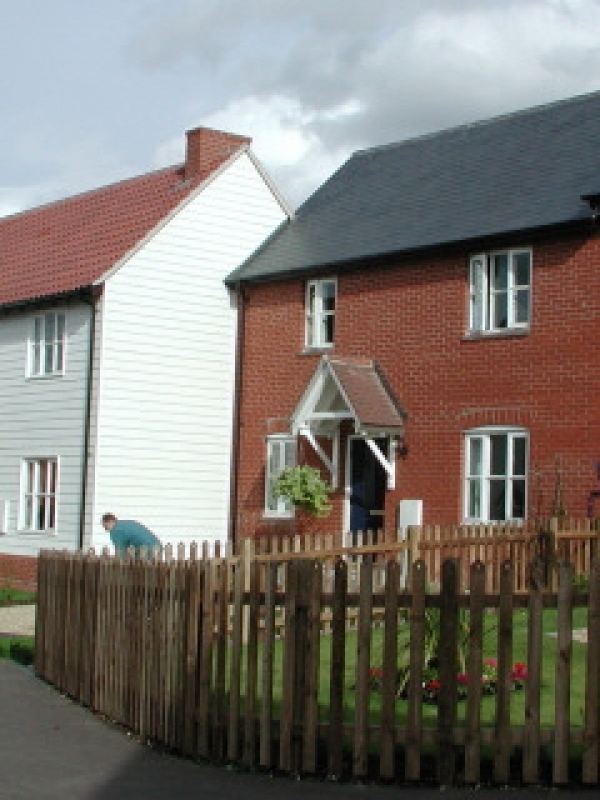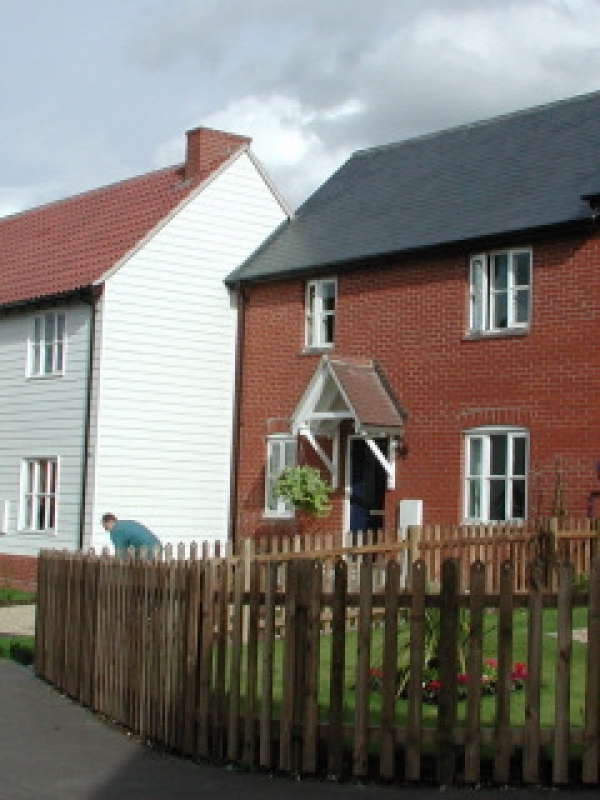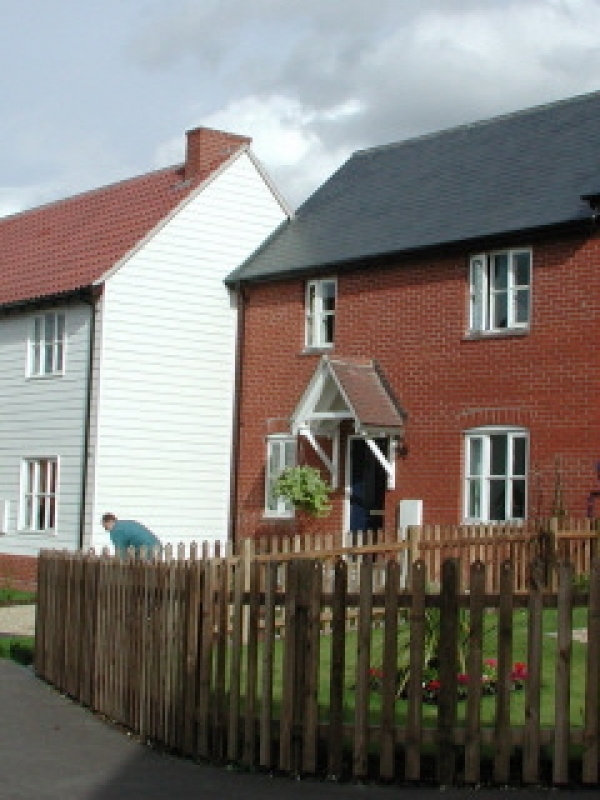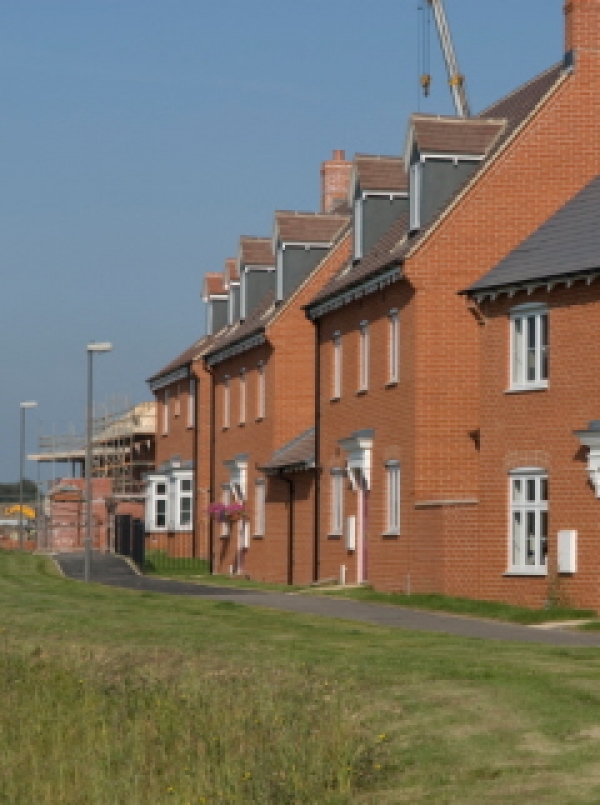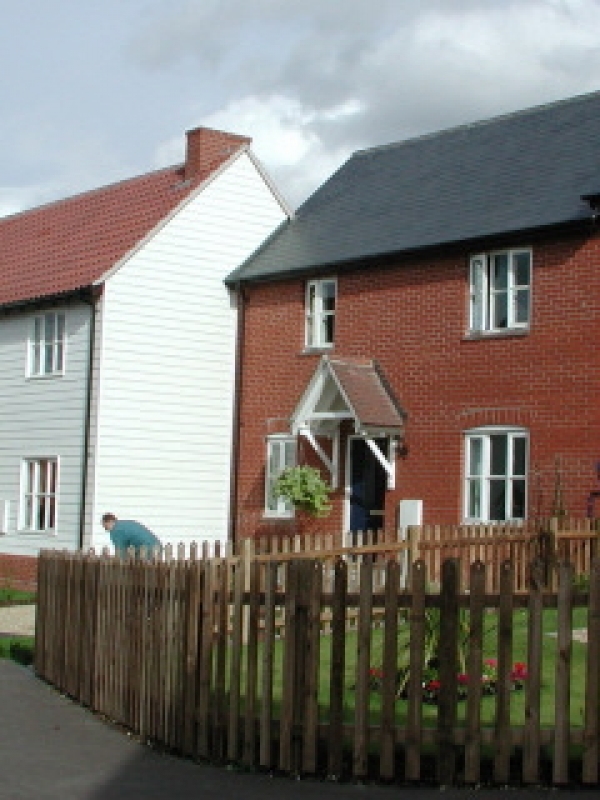T: 01822 851370 E: [email protected]
Rural Housing
Housing supply is a constant issue of concern for both policy makers and for those wishing to join the property market. With this in mind, the following analysis takes a look at the house building statistics showing the number of...
THE government is seeking views on exempting small housing schemes from section 106 affordable housing requirements. The Department for Communities and Local Government is canvassing opinion on proposals to introduce a 10 unit threshold for section 106 affordable...
Based on a review of fuel poverty by Professor Sir John Hills, the Department of Energy & Climate Change has employed a new measure of fuel poverty. This analysis shows how the change in methodology has moved the measure of...
MORE village homes must be built to ease Britain's housing crisis, the Princess Royal has warned. Princess Anne delivered the keynote speech at the national affordable rural housing conference held in Cheltenham on Friday (21 February). Smaller...
Friday 21 February 2014 Pittville Pumproom, Cheltenham, Gloucestershire, GL52 3JE (The Conference Programme can be downloaded here ) Introduction Marking the beginning of the new partnership between the Rural Housing Alliance and the Rural Services...
THE Princess Royal is to give a keynote address at a major new conference focusing on the challenges facing rural housing. Joined by other high level speakers, the conference will provide the launchpad for a renewed focus on...
Measures contained in the government's Autumn Statement will have a direct impact on rural social housing, an expert has warned. Jo Lavis, of Rural Housing Solutions , highlighted a number of changes to planning and housing policy, unveiled...
LOCAL authority leaders have given a cautious welcome to measures outlined in the government's Autumn Statement. The government claims measures contained in the statement will ensure local authorities have the funding and powers needed to drive the economy...
LINKING rent increases to inflation will help boost affordable house-building, claims the government. The deal will give a decade of strong protection for social tenants with the cost of living, said housing minister Kris Hopkins. It would...
A LACK of affordable housing is increasing the emotional and financial burden on parents as grown-up children can no longer afford to move out. Three out of ten parents (27%) have at least one adult child aged between...
NEWSLETTER
Sign up to receive all our latest news and updates.
HOT TOPICS
Amid reduced public spending, fair resource allocation across regions is crucial. Despite a population larger than Greater London, rural areas receive significantly less funding for essential services, even though delivering these services in rural areas is more expensive.
Economic growth is widely acknowledged as essential for national wealth and prosperity and is a priority for political parties. Rural economies, employing millions and home to a higher proportion of small businesses, have potential for growth if barriers are removed.
Rural residents face distinct healthcare challenges, including limited access to transport, longer distances to medical facilities, an aging demographic, housing inadequacies, digital connectivity gaps, and difficulties recruiting health and care workers.
Rural communities are grappling with a severe affordable housing crisis, marked by high house prices, a lack of affordable housing, elevated living costs, and lower incomes, threatening their sustainability and vitality.
Transport is vital for the quality of life and economic health of rural areas, yet it faces challenges such as infrequent public bus services and less Government funding compared to urban regions.
Rural areas, encompassing a substantial portion of England's population and land, play a pivotal role in combating climate change and achieving the net zero target.
In an increasingly digital world, the lack of robust digital infrastructure in rural areas severely limits access to crucial services and stifles economic growth.
A future-focused vision for rural communities involves not just building the right homes in the right places but also ensuring thriving, sustainable communities.
SIGN UP TO OUR NEWSLETTER
Sign up to our newsletter to receive all the latest news and updates.


